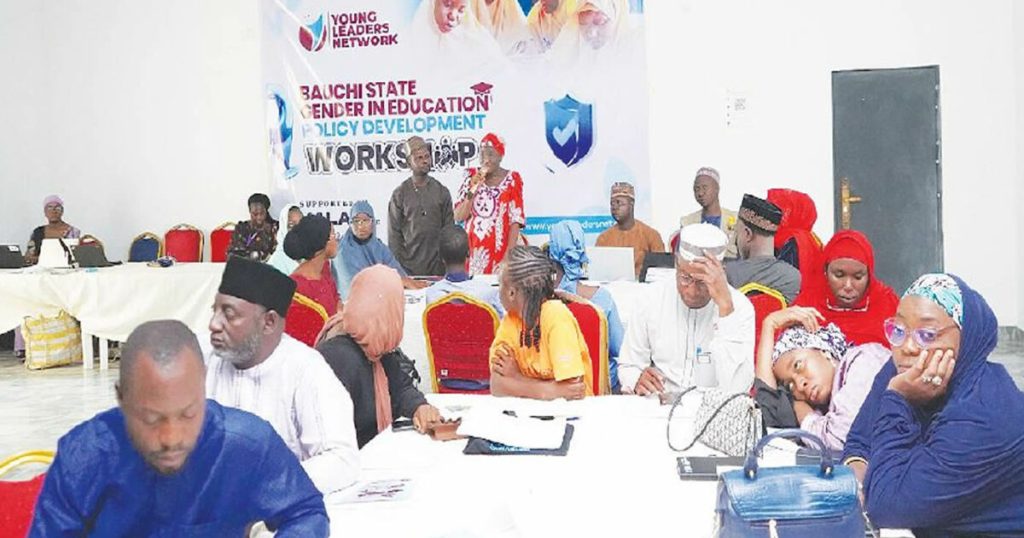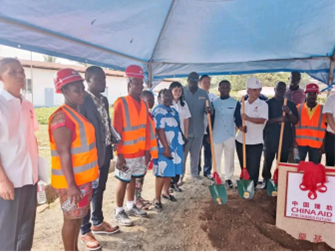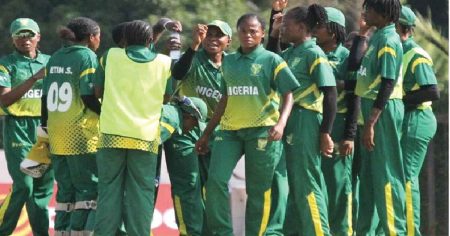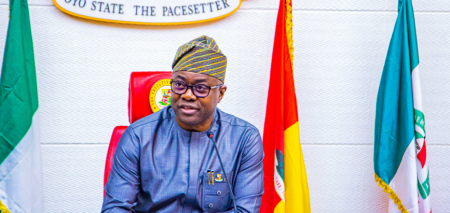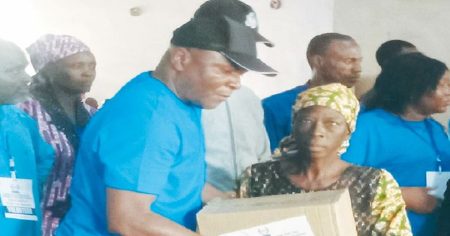The Young Leaders Network (YLN), a civil society organization based in Bauchi State, Nigeria, has initiated a collaborative effort with key stakeholders to develop a gender-inclusive education policy. This policy aims to tackle the persistent challenges hindering girls’ access to education in the state. The initiative, according to YLN’s Executive Director, Seun Justin, represents a critical step towards “rewriting the future” for Bauchi’s children, especially girls who are disproportionately affected by societal factors that limit their educational opportunities. He emphasized the urgency of the situation, highlighting the sobering statistics of girls dropping out of school due to early marriage, teenage pregnancy, and lack of adequate support systems. The initiative seeks to move beyond mere intentions and translate discussions into concrete commitments and tangible actions that will positively impact the lives of these girls.
The three-day workshop organized by YLN brought together diverse stakeholders, including government officials, educational institutions, and civil society organizations, to contribute to the development of a comprehensive and context-specific gender in education policy. Justin underscored the importance of creating a policy that is not just a document but a living embodiment of the hopes and realities of the people it serves. He emphasized the need for a bold, practical, and inclusive approach, ensuring that the policy reflects the lived experiences of the community and effectively addresses the root causes of girls’ limited access to education. The workshop served as a platform for participants to share their insights, expertise, and perspectives, contributing to the development of a policy that is both grounded in national standards and responsive to local nuances.
The draft policy, according to Justin, reflects a balance between national standards and the specific context of Bauchi State. The next steps in the process involve securing the adoption and ownership of the document by partners, establishing a steering committee to oversee implementation, and wide dissemination of the policy to raise awareness and encourage compliance. Furthermore, Justin emphasized the importance of integrating the policy into the operational framework of various organizations, including the Accelerating Girls’ Education Project, the Bauchi State Ministry of Education, and civil society organizations. This integration, he stressed, will ensure that the policy translates into tangible actions, informing proposals, internal reporting mechanisms, and daily operations within these organizations.
Key stakeholders expressed their support for the initiative and pledged their commitment to its successful implementation. Musa Hardo, Chairman of the National Association of Proprietors of Private Schools in Bauchi State, emphasized the timeliness and relevance of the policy in addressing the pervasive issue of school dropouts, particularly among girls. He commended the effort to create a policy framework that facilitates the completion of education, especially for the girl child. Hardo reiterated the commitment of private school owners to comply with the proposed policy, emphasizing that all proprietors operate under the supervision of the Ministry of Education and are bound by its policies. He acknowledged the need for sensitization among some proprietors who may not be fully aware of the new policy and committed to bridging this information gap.
Hardo also acknowledged the challenges Nigeria often faces in policy implementation but expressed optimism that the full adoption of the gender policy would have a transformative impact on the education sector in Bauchi State. He stressed the potential benefits for girls’ education if the policy is effectively implemented. This sentiment echoes the broader recognition that investing in girls’ education is not merely an act of charity but a strategically sound investment in human capital, social justice, and economic development.
The Bauchi State Commissioner for Education, Muhammad Rimin-Zayam, reaffirmed the government’s commitment to reducing the number of out-of-school children, especially girls, through collaborative partnerships with stakeholders. He emphasized the alignment of the initiative with the state government’s broader efforts to expand access to education and ensure equity. Rimin-Zayam acknowledged the “very good collaboration” and the alignment between the initiative and the state’s policies, expressing confidence that this partnership will significantly contribute to bringing out-of-school children back into the education system. He further commended the active role of civil society organizations in supporting government initiatives, highlighting the importance of such partnerships in bridging implementation gaps and ultimately improving educational outcomes in Bauchi State. This collaborative approach underscores the shared responsibility for ensuring quality education for all children, regardless of gender.





